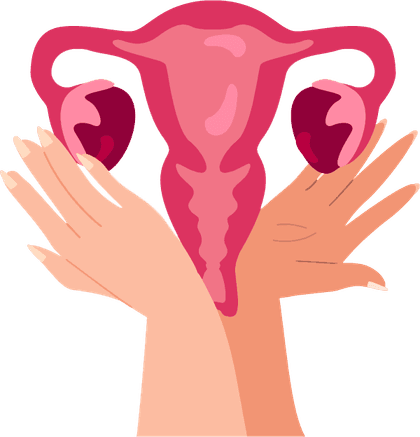Clinical Studies
This space is designed to share research and clinical studies for both healthcare professionals and women curious about the advancement of women's health. We believe evidence should be accessible to everyone. Knowledge empowers, and every voice matters.

-
Analysing the support mechanisms of the vaginal ring pessary on supine and upright MRI
Vaginal pessaries have been used for millennia to alleviate symptoms of pelvic organ prolapse (POP). Despite their long-standing use, the success rate of pessary treatment is approximately 60%, and the underlying mechanisms of support are not well understood.
-
Co-Design of a website for women with pelvic organ prolapse: A study protocol
Despite high reported prevalence of pelvic organ prolapse (POP), women report difficulties accessing evidence-based and reliable information about the condition.
-
Biopsychosocial profile of women with pelvic organ prolapse: A systematic review
Female pelvic organ prolapse is a common condition associated with significant impact on women’s lives from a biopsychosocial perspective. The aim of this systematic review is to identify, appraise and summarize the biopsychosocial profile of women with pelvic organ prolapse.
-
Exclusive manual perineal rehabilitation with lidocaine 2% gel in the treatment of provoked vestibulodynia: results from a single-arm interventional study
As of now, there is no adequate therapeutic strategy for provoked vestibulodynia (PVD). Pelvic Floor Muscle Therapy (PFMT) is a widely used technique in general pelvic floor rehabilitation.
-
Pelvic organ prolapse: The lived experience
A qualitative study exploring the biopsychosocial impact of pelvic organ prolapse on women's daily lives, relationships, and wellbeing.
-
The surgical effect on overactive bladder symptoms in women with pelvic organ prolapse
This study aimed to explore the effect of pelvic reconstruction surgery on the relation of pelvic organ prolapse (POP) and overactive bladder (OAB) and the impact of preoperative vaginal oestrogen supplement on vaginal tissue.
Subscribe to our newsletter
Each month, we share evidence-based resources, personal stories, and multidisciplinary insights to support your health journey without shame, without stigma.
